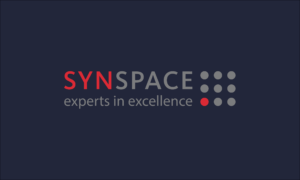Overview
This half-day training is an introductory course on automotive Advanced Driver Assistance System (ADAS) and Autonomous Driving (AD) safety by using the state-of-the-art ISO 21448:2022 standard; Safety Of The Intended Functionality (SOTIF). It is ideal for those new to automotive autonomous safety and for executive management wanting a better understanding of the new and evolving requirements for their organization to develop towards compliance.
The training is provided by automotive autonomy safety experts with vast real-world experience working on prototype and production-ready programs for autonomous vehicle and robotics technology developers, global automotive OEMs, Tier-1 suppliers, semiconductor manufacturers and software vendors to successfully embed scalable product development practices within their organizations and release responsibly safe autonomous products into the market.
Details
The training begins with an introduction explaining why the SOTIF standard is essential in conjunction with functional safety (ISO 26262) to achieve acceptably low risk for advanced driver assistance systems (ADAS) and automated driving systems (ADS), and enable interactive discussions on the following topics:
- SOTIF development lifecycle and terminologies
- Scenario-based risk management framework
- SOTIF hazard identification and risk evaluation
- Definition of acceptance criteria and validation targets
- Overview of analysis methods for triggering conditions and functional insufficiencies
- SOTIF verification and validation strategies and methods
- Functional modification to reduce risks and achieve SOTIF
- Operational phase activities to maintain SOTIF
Objectives
The primary goal is to apprise managers and responsible engineers of the scope and implications of ISO 21448:2022 processes, methods and work products for their company. Particularly, the session is intended to equip the participants with a practical interpretation of the open-ended nature of the standard’s objectives.






























